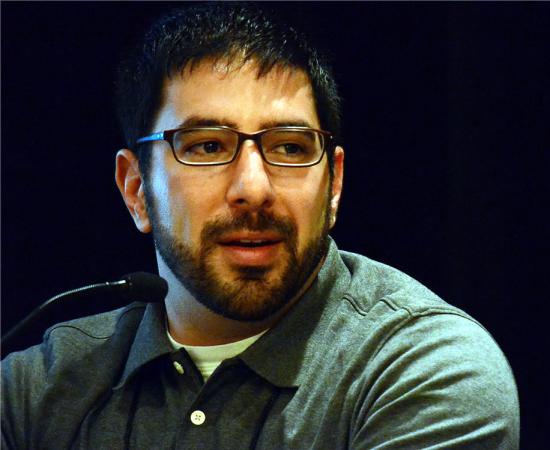From NPR’s All Things Considered
Debate Over Policing Free Speech Intensifies As 8chan Struggles To Stay Online
By Martin Kaste
ARI SHAPIRO, HOST:
Who gets to decide the limits of speech on the Internet? The shooting in El Paso, Texas, has brought new urgency to that question. The suspect is thought to have posted a screed against Hispanic immigrants on 8chan, an online message board. After the shooting, 8chan lost the support of a crucial network services company. NPR's Martin Kaste reports on the debate over policing Internet speech...
KASTE: Since the '90s, the government has generally left the job of policing free speech to companies. And at first, that suited the tech world with its libertarian leanings. Twitter, for instance, used to call itself the free-speech wing of the free-speech party. But lately, there's been a reckoning.
ASHKAN SOLTANI: I think everyone's getting smart to the fact that, you know, the Internet is not all rainbows and unicorns.
KASTE: Ashkan Soltani is former chief technology officer for the Federal Trade Commission. He says Internet companies now feel more pressure to take responsibility for what others publish, even companies that just provide network services. Sites like 8chan depend on companies that can handle big surges in demand and can also fend off attacks from hostile hackers.
SOLTANI: There's only a handful of those available, right? So sites that feed a lot of traffic or sites that are kind of divisive and prone to attacks will need a service like Cloudflare or Akamai or some other hosting platform that can mitigate attacks...
https://news.wsiu.org/post/debate-over-policing-free-speech-intensifies…Ashkan Soltani is a MIMS alumnus (2009), and an independent researcher and technologist specializing in privacy, security, and behavioral economics.










